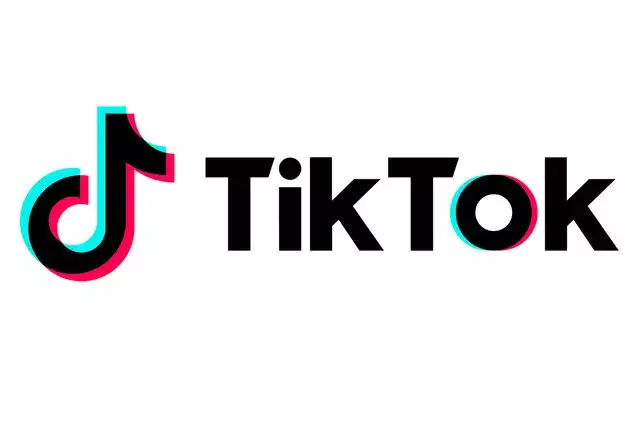TikTok, a popular social media platform, is facing challenges with EU regulators as it navigates the intricacies of complying with new rules for digital platforms. Despite these hurdles, TikTok is taking steps to align with the Digital Markets Acts (DMA) and ensure continued access for its 134 million European users.
One of the key initiatives undertaken by TikTok is the launch of a Data Portability API, which allows registered developers to request user permission to transfer a copy of their TikTok data. This API gives European Economic Area (EEA) users the ability to authorize one-time or recurring transfers, and select specific categories of data or their complete archives. This move enhances data portability and gives users greater control over their information.
In addition to the Data Portability API, TikTok has also improved the speed and functionality of its Download Your Data tool. Both individual and business accounts can now export and download their account information, providing them with more flexibility and transparency in managing their data.
The DMA mandates expanded privacy and data control obligations for platforms deemed as “gatekeepers” in the digital market. While TikTok has challenged its classification as a gatekeeper, it is taking proactive steps to comply with the regulations and ensure alignment with EU standards. The platform recognizes the importance of adhering to the DMA, even as it awaits further clarification on its designation.
The EU’s regulatory changes encompass the Digital Markets Act (DMA) and the Digital Services Act (DSA). The DMA focuses on gatekeeper platforms and aims to level the playing field for European businesses. Meanwhile, the DSA is geared towards protecting individuals and businesses on digital platforms, providing them with more data control options.
TikTok has faced scrutiny under the DSA, with EU officials launching a formal investigation into potential breaches related to the protection of minors and ad transparency. The platform is working to address these concerns and avoid similar issues with DMA compliance. The varying aspects of EU regulations have created some confusion, but TikTok is striving to navigate the changes and ensure continued availability for its EU users.
TikTok’s efforts to align with EU regulations reflect its commitment to data privacy and user control. By implementing new processes and tools, TikTok is demonstrating its willingness to adapt to evolving regulatory requirements. As the platform continues to address compliance challenges, it remains focused on providing a safe and transparent environment for its European user base.


Leave a Reply